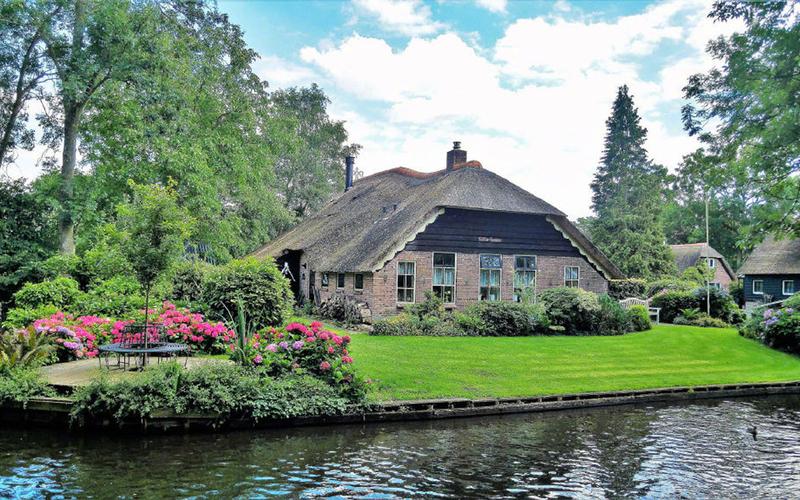Exploring the Diversity of Human Culture: 5 Cultural Aspects That Define Us
Culture is the most fundamental aspect that defines every society, and studying its diversity can be a fascinating journey. It reflects the customs, beliefs, lifestyles, and values that people share within a particular group, and it’s what makes us unique. From the way we express emotions to the way we communicate, every culture has its nuances that shape our identities.
In this article, we will explore five cultural aspects that define us as human beings:
1. Language
Language is a crucial aspect of culture that often goes unnoticed. It’s the primary tool we use for communication, and it reflects how we think, perceive, and interact with the world around us. Every language has its unique grammar, syntax, and vocabulary, and it shapes how we express our emotions, thoughts, and ideas.
For example, in many Asian cultures, indirect communication is the norm, where people often use subtle hints and gestures instead of bluntly expressing their opinions. In contrast, Western cultures tend to value direct communication, where being straightforward and honest is often seen as a virtue.
2. Food
Cuisine is another aspect of culture that embraces the diversity of the world’s cultures. Food reflects our history, geography, climate, and social practices, and it’s often a source of pride and identity.
For example, Mediterranean cuisine is known for its emphasis on fresh herbs, olive oil, and seafood, reflecting the region’s sunny climate and proximity to the sea. In contrast, Indian cuisine is renowned for its bold spices and vibrant colors, reflecting the country’s rich history of trade and culture.
3. Art and Music
Art and music are universal languages that transcend borders and cultures. They reflect our cultural heritage, values, and emotions, and they’re often a vital source of inspiration and motivation.
For example, traditional African art is known for its vibrant colors, geometric patterns, and symbolic motifs, reflecting the continent’s rich cultural heritage. In contrast, the classical music of Europe is renowned for its complex melodies, harmonies, and formal structure, reflecting the region’s tradition of classical music.
4. Celebrations and Festivals
Celebrations and festivals are an integral part of every culture, and they reflect the community’s history, religion, and social practices. They’re often a source of joy, unity, and cultural identity.
For example, in China, the lunar New Year is celebrated with fireworks, dragon dances, and feasts, reflecting the country’s rich cultural heritage and tradition. In contrast, in Mexico, the Day of the Dead is a colorful celebration where people remember and honor their deceased loved ones, reflecting the country’s unique blend of Catholicism and indigenous traditions.
5. Gender Roles
Gender roles are often shaped by culture, reflecting the expectations and norms that people have towards men and women in society. It’s an aspect that varies widely across cultures, and it often reflects the power dynamics and social practices within a particular group.
For example, in many Western cultures, gender roles are becoming more fluid and flexible, with women assuming more leadership roles and men embracing a more nurturing and empathetic approach towards family and community. In contrast, in many Asian cultures, traditional gender roles are still prevalent, with men being expected to be providers and protectors and women taking on more domestic roles.
Conclusion
In conclusion, exploring the diversity of human culture is a fascinating journey that reveals the richness and complexity of our world. From language and food to art and music, celebrations, and gender roles, every aspect of culture shapes us as human beings and reflects our unique identities. By embracing and celebrating our cultural diversity, we can learn from each other and enrich our lives.
(Note: Do you have knowledge or insights to share? Unlock new opportunities and expand your reach by joining our authors team. Click Registration to join us and share your expertise with our readers.)
Speech tips:
Please note that any statements involving politics will not be approved.
